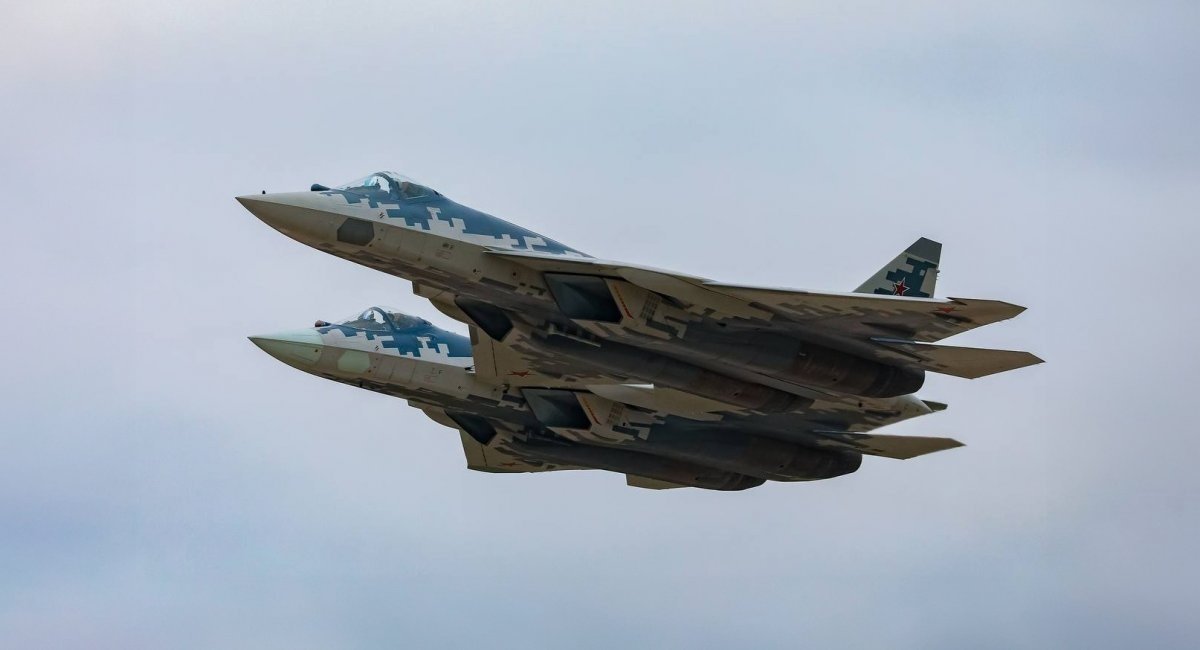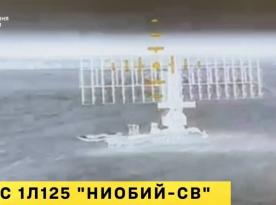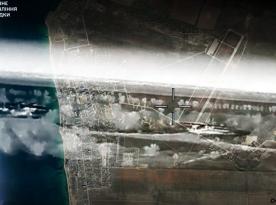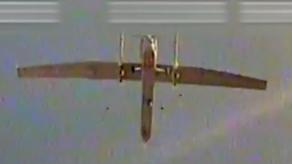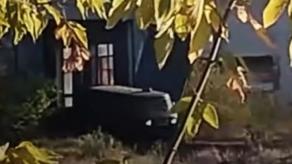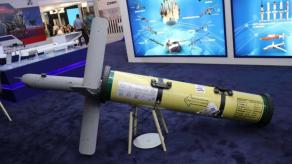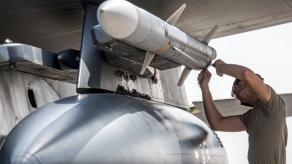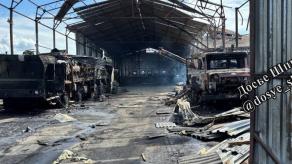The story surrounding fighter jets for India continues, with the country reviewing russia's Su-57 offer. This follows India's 2018 withdrawal from joint development, calling it not a true fifth-generation aircraft.
Details on the numbers have emerged: two factory-built squadrons and another three to five assembled locally, for a total of up to 84 aircraft. According to Indian Defense News, this is reportedly the option currently under consideration at the Indian Ministry of Defense.
Read more: Spain Refused Lithuania's Request to Shoot Down russian Jets, That's Probably All You Need to Know About NATO
Moscow is ready to agree to all of Delhi's conditions in order to sell its Su-57s. Specifically, it involves transferring all technology, including engines and source code. The French are not willing to share the latter, as their Safran company is trying to capture the engine manufacturing niche in India.
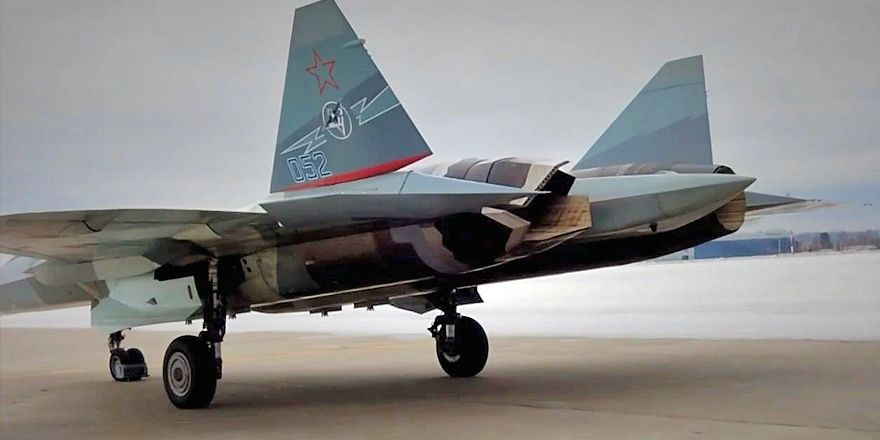
The russian aviation industry is also offering to integrate all of India's aviation missile weapons. Overall, this is a highly attractive deal that the manufacturer needs to finance and expand its capabilities for the war against Ukraine.
At the same time, India is approaching the deal with caution, assessing the feasibility of timely Su-57E production and delivery. Another concern is sanctions, which russia has learned to evade but at the cost of problems with Su-30MKI operations.
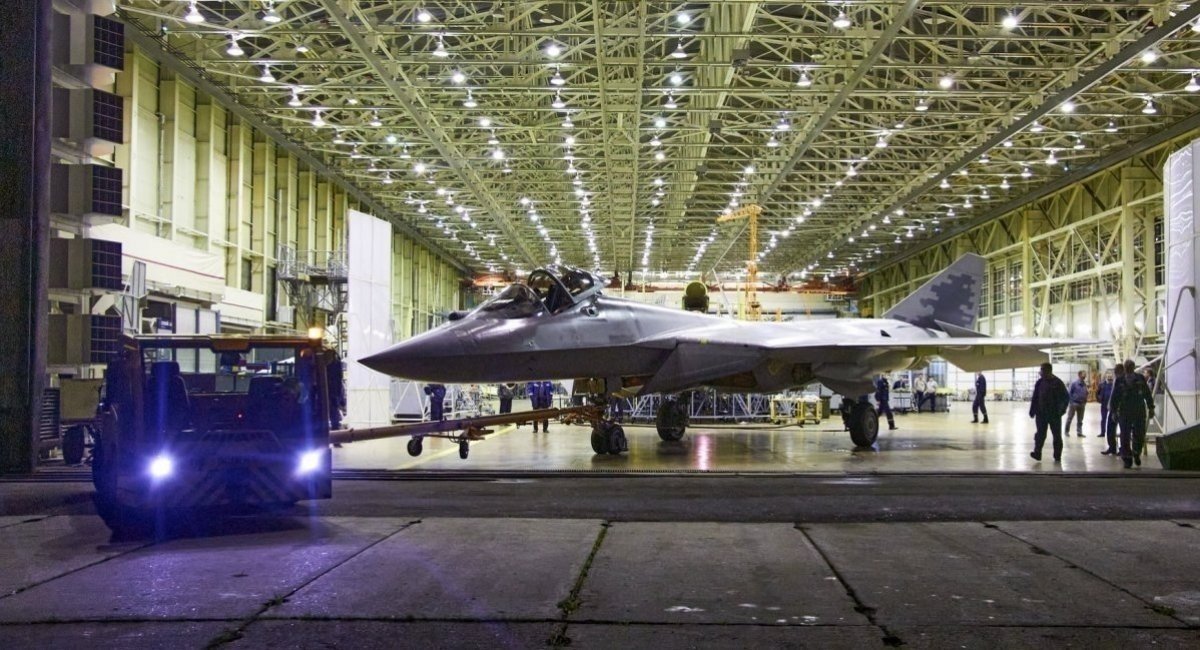
russians have chosen the right moment, as New Delhi now faces both U.S. economic and political pressure as well as operational challenges. For instance, the old Soviet MiG-21s are reaching the end of their service life, creating a gap in the number of fighter jets.
This role was meant to be filled by the locally produced Tejas, but the program faces significant delays due to engine supply issues. At the same time, India's own fifth-generation AMCA aircraft is only being developed, with planned entry into service in the early 2030s, which may be further delayed given the peculiarities of the local defense industry.
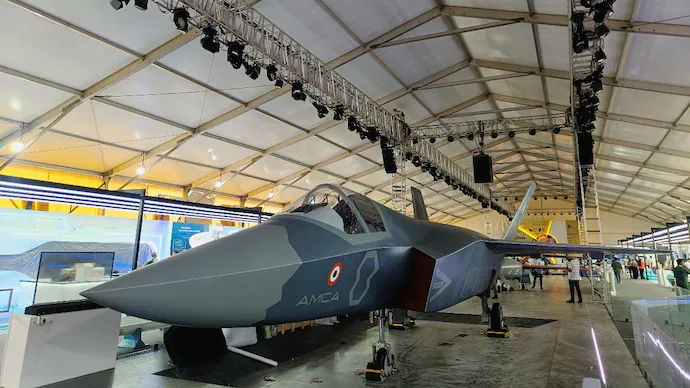
It should be noted that while the Su-57 does not match the American F-35 or the Chinese J-20, it remains a serious threat to many fourth-generation aircraft. Despite all the problems, it is being produced, and additional funds from the Indian contract could help address its shortcomings.
In India, the roles are defined as follows: French Rafales will serve as medium combat aircraft, russian Su-57Es will handle long-range strikes and stealth air dominance, while the AMCA is seen as a promising long-term solution. So far, no decision has been made, and it could be for the best if it is not implemented.
Read more: It Took NATO Country Just 17 Seconds to Shoot Down russian Su-24 10 Years Ago




